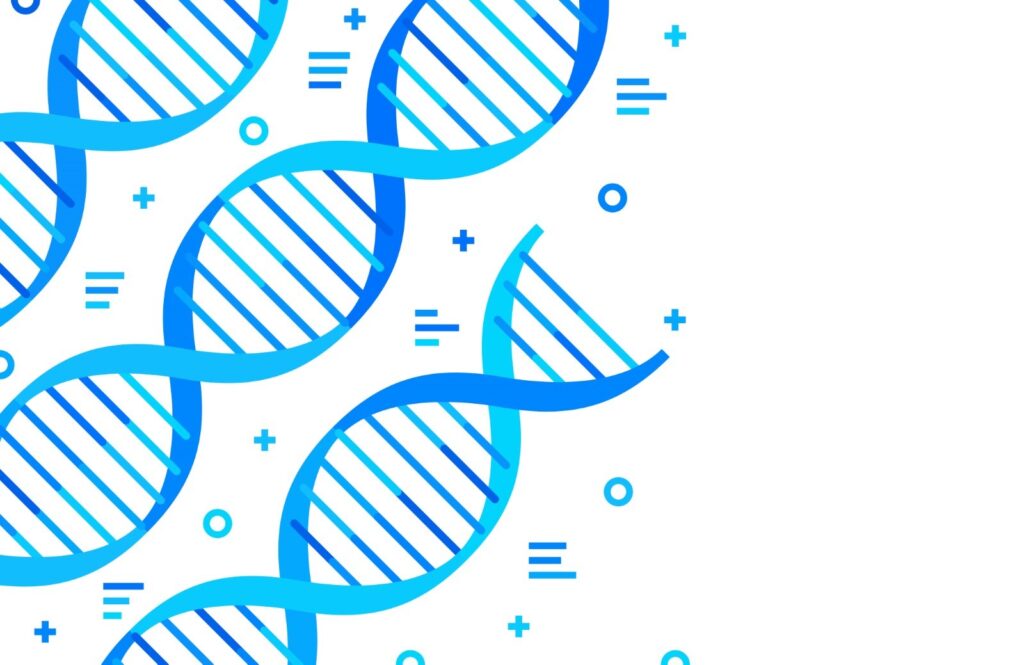Understanding Alpha-1 Antitrypsin Deficiency (A1AD): A Common Yet Complex Genetic Condition

Some genetic conditions are much more common than others. One that frequently appears in genetic carrier screening is Alpha-1 Antitrypsin Deficiency (A1AD). At Fairfax Cryobank, we often find that both clients and donors are carriers of this condition.
A1AD is most common among people of European ancestry, affecting around 1 in 2,000 to 3,000 individuals. While it can occur in other ethnic groups, it is far less frequent. However, whether a person develops symptoms depends not only on whether they have a gene change but also on what kind of change it is.

How Do Gene Changes Affect Function?
Every gene in your body has a job to do. But if a gene undergoes a change, it may not work as well—or at all. Think of a gene like a word, such as R-A-I-N-B-O-W. Different types of changes can disrupt the way it functions:
???? A deletion (missing letters): R-A-I-O-W
???? A duplication (extra letters): R-A-I-I-I-I-I-I-N-B-O-W
???? A substitution (wrong letters): R-A-I-N-X-O-W
The specific type of change determines whether the gene still works partially or completely loses function. This is exactly what happens in A1AD.

The Role of the SERPINA1 Gene in A1AD
A1AD is caused by changes in the SERPINA1 gene, which is responsible for making alpha-1 antitrypsin (AAT)—a protein that protects the lungs and liver.
We all inherit two copies of the SERPINA1 gene—one from the sperm source and one from the egg source. Depending on the variant inherited, the amount of protective protein produced varies:
✅ M variant – Produces normal levels of AAT.
⚠ S variant – Produces reduced levels of AAT.
⚠ Z variant – Produces very little AAT.
Approximately 1 in 19 people of Caucasian descent are carriers of either the S or Z variants associated with A1AD. But what does this mean for health?

How Genetic Variants Impact Health Risks
???? ZZ (two Z variants):
???? 2 to 10% of children with this combination develop liver disease.
???? SZ (one S and one Z variant):
???? Increased risk of developing emphysema in adulthood.
???? The risk is higher for those who smoke or are exposed to dust and pollutants.
???? SS (two S variants) or MS (one M and one S):
???? Not believed to pose a significant health risk.

Why This Matters for Genetic Screening
At Fairfax Cryobank, we focus on screening for severe, childhood-onset, autosomal recessive conditions. Because of this, sperm donor testing for A1AD is only medically indicated if the client carries a Z variant.
Genetics isn’t just about whether you carry a condition—it’s about understanding how different gene variants interact to influence health risks. If you have questions about genetic screening or need guidance, our genetic team is here to help!

To look for a donor who is negative for SERPINA1, visit Sperm cryo banks | Donor Search, scroll down and click on Genetic Testing Search, check the box for Select by Gene(s) Tested Negative, scroll down and check the box for SERPINA1, then click Apply. On the main screen, click the large orange SEARCH button near the bottom of the page.
Would you like to learn more about genetic compatibility with a sperm donor? Contact us today!







